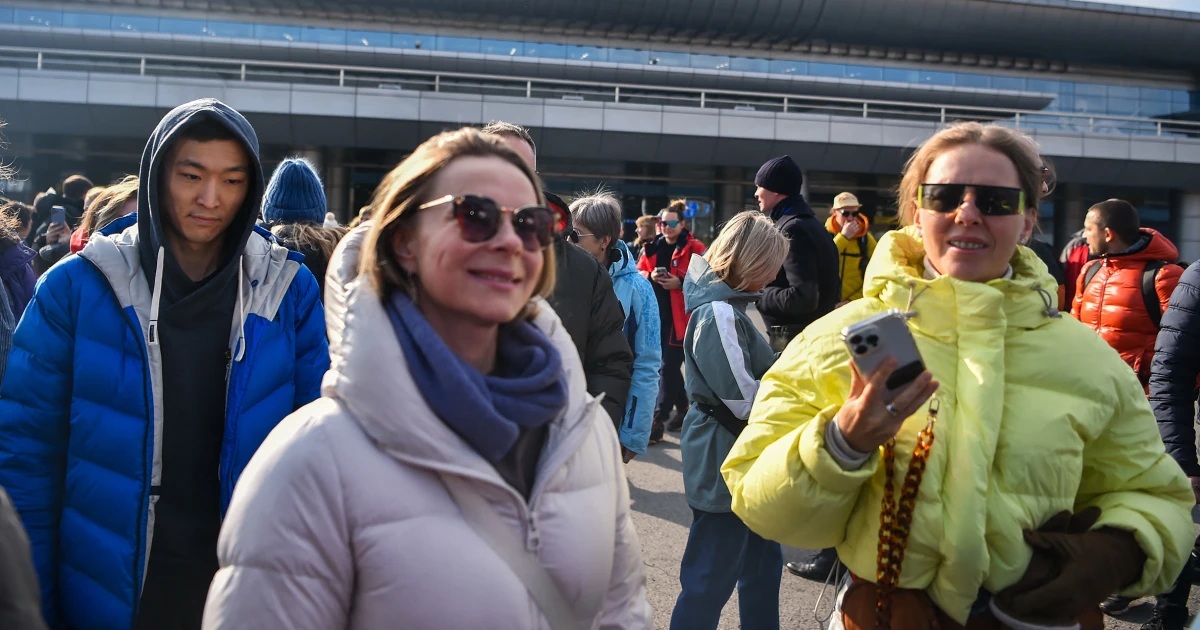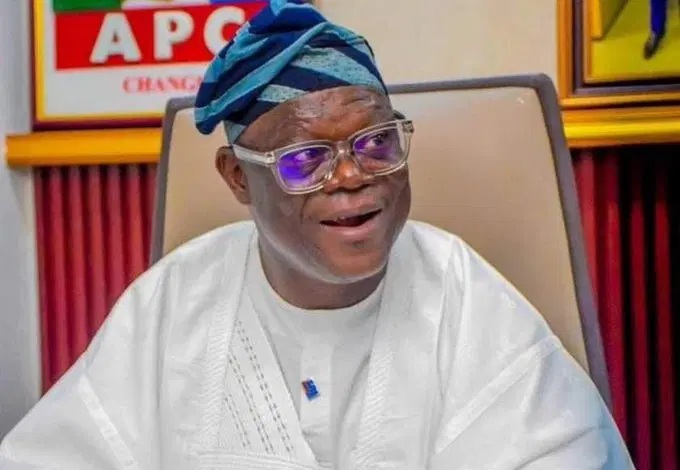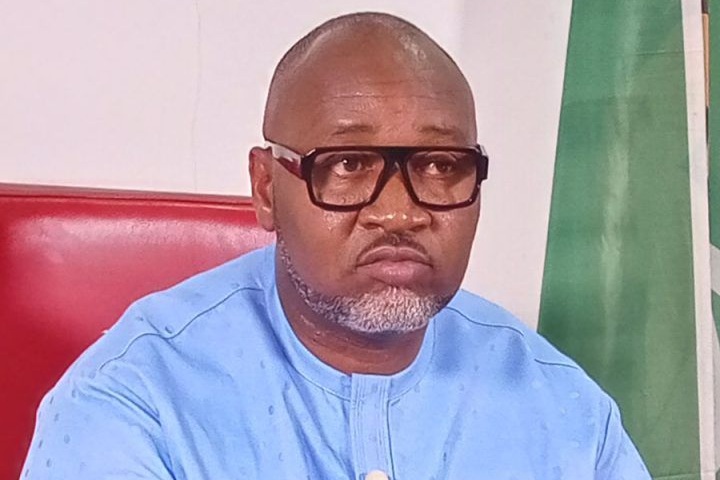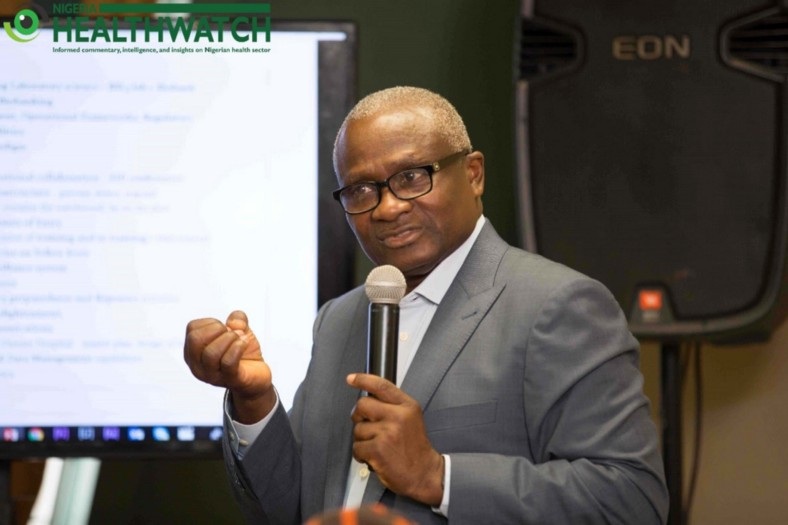News
After Grand Opening, North Korea Slams Gate on Foreign Guests

North Korea has abruptly announced that its new beachfront destination, the Wonsan-Kalma Coastal Tourist Zone, will not accept foreign visitors, despite being heavily publicized as part of Kim Jong Un’s plan to boost tourism.
Opened on July 1, the resort had been promoted as a major attraction for both domestic and international guests.
Yet, as of this week, North Korea’s official tourism portal declared the resort is “temporarily not receiving foreign tourists”, without offering any explanation for the sudden policy reversal.
Last week, a small group of Russian tourists reportedly visited Wonsan, coinciding with Russian Foreign Minister Sergei Lavrov’s high-profile trip to meet Kim in the city.
Lavrov described the resort as a “good tourist attraction,” as Pyongyang readied plans for direct flights between Moscow and Pyongyang later this month.
The resort occupies a 4 km stretch of pristine coastline along the East Sea and includes hotels, restaurants, shopping malls, and a water park, designed to host up to 20,000 people.
Since construction began in 2018, critics and human rights groups have raised alarms over labor exploitation, citing forced labor under harsh conditions with inadequate pay.
Kim Jong Un personally presided over the ribbon-cutting ceremony on June 24, joined by Russian diplomatic officials and a grand display of state propaganda.
Russian media coverage of the first tourist group described flawless service and lavish meals for arriving guests, while simultaneously noting eerily artificial scenes where resort “tourists” appeared to be staged locals.
Analysts believe that the sudden travel restrictions came after a Russian reporter who accompanied Lavrov reported that the host nation’s orchestrated tourists and empty beaches undermined Kim’s carefully curated image.
Why the U-turn?
Observers suggest several potential reasons:
Worries over negative foreign reporting unmasking the resort’s staged appearance.
Low international demand and high cost for visitors, package tours reportedly cost US $1,600–$1,850, far exceeding the average Russian wage.
Concerns that opening more broadly may compromise North Korea’s controlled image.
Despite the restrictions, domestic tourism continues—state media claims beaches are lively, though external reporting paints them as largely empty.
Strategic Rebranding—or Self-Sabotage?
The Wonsan-Kalma project has been billed as the cornerstone of Kim’s vision to develop tourism in service of economic revitalization.
Analysts note, however, that without opening to Russian and Chinese visitors, North Korea may never recoup what is believed to be a massive financial investment.
As one Seoul-based expert put it:
“If foreign tourists aren’t allowed … North Korea can’t break even and it has to shut down the resort.”
Broader Implications
The resort ban underscores North Korea’s precarious balancing act between image control and economic necessity.
While designed to showcase modernization, the resort’s failure to admit international visitors casts doubt on whether Pyongyang can sustain its soft-power façade.
Moreover, the move reflects a broader continuation of North Korea’s careful isolation, China group tours remain halted, while Western tourism had briefly resumed in early 2025 before being abruptly suspended.
Russian tourism is the only avenue currently active, though even that is under scrutiny and likely part of strategic image management.
Looking Ahead
Ultimately, many analysts believe the ban won’t last.
North Korea is expected to eventually reopen the resort to foreign groups once concerns over optics and staging can be managed, or until dire economic pressures demand it.
The country invested heavily in Wonsan-Kalma and risked little return if the project remains shut to outsiders.
Wonsan Kalma may have been envisioned as a beacon of post‑COVID economic revival, but for now it stands as a testament to the regime’s struggle to reconcile global exposure with authoritarian control.
For Diaspora Digital Media Updates click on Whatsapp, or Telegram. For eyewitness accounts/ reports/ articles, write to: citizenreports@diasporadigitalmedia.com. Follow us on X (Fomerly Twitter) or Facebook











